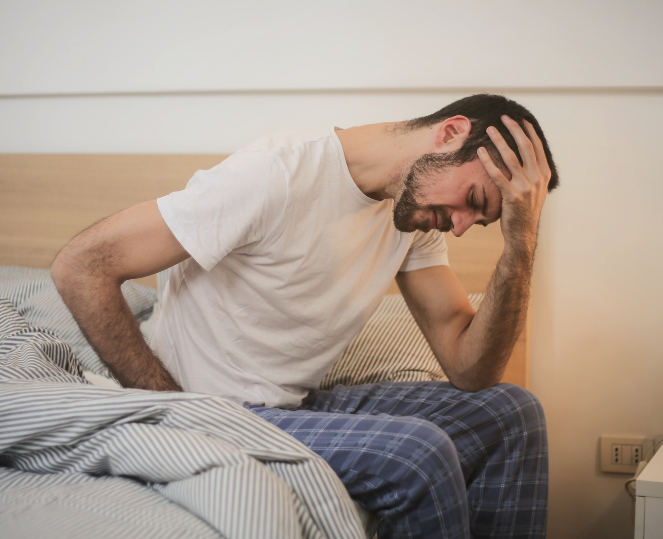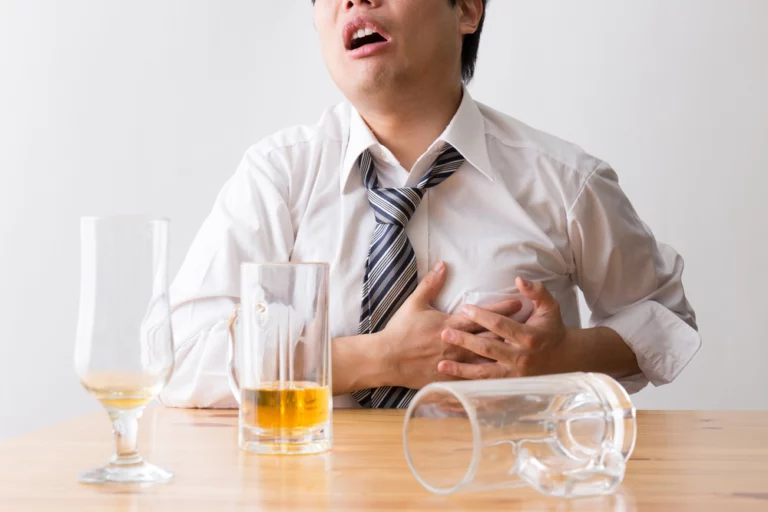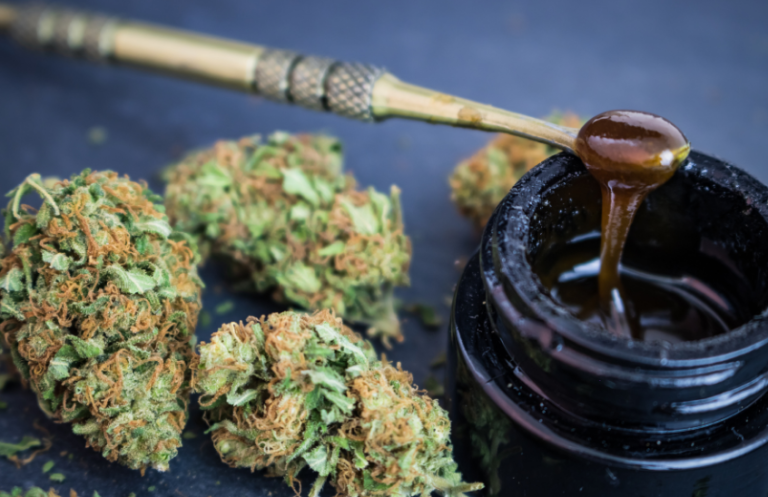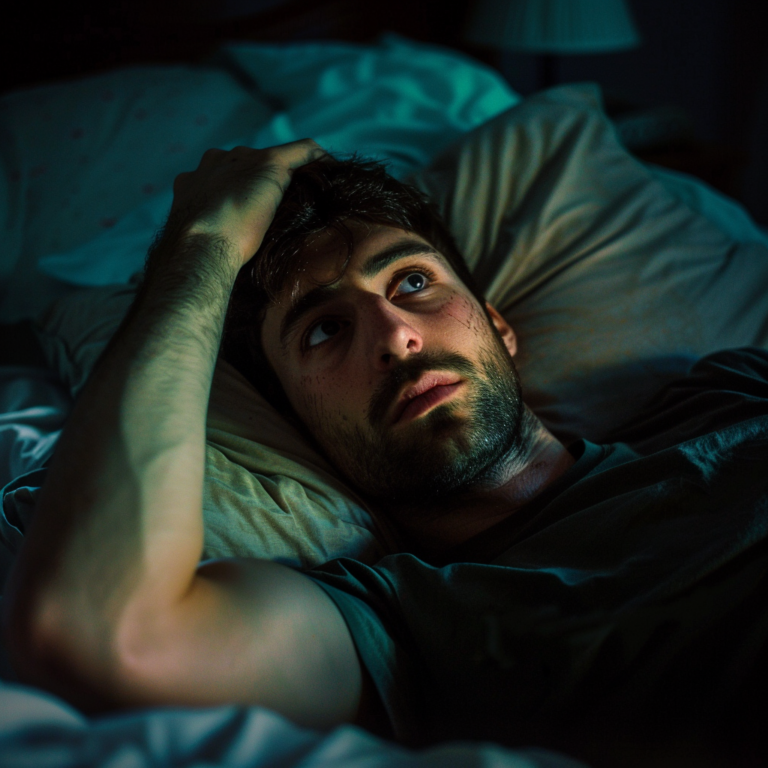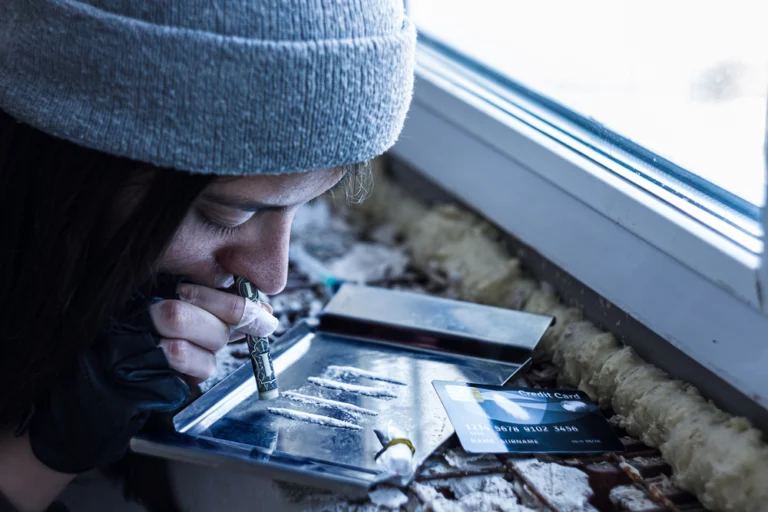According to the American Psychiatric Association, depression affects an estimated 1 in 15 adults each year. Different from sadness or grief, several factors play into whether or not a person develops depression. Biochemistry, genetics, personality, and environmental circumstances are all factors. However, one cannot underestimate the role that alcohol abuse plays in the development and worsening of depressive conditions.
We at Asheville Detox ask that as you read this, you take an honest assessment of yourself. Do you consider yourself depressed? If so, do you find yourself abusing alcohol to try and remedy your sadness? If so, please understand that you are only feeding your depression and making it worse.
Signs That You Are Depressed
More than just feeling a little blue, depression is a sadness that affects the way that you think, feel, and act. You often lose interest in activities that you once enjoyed doing. Being depressed can make it difficult to function effectively at tasks you need to complete at work and at home. Depression symptoms can range from mild to severe. The following are symptoms of depression:
- Losing or gaining weight not related to dieting
- Losing energy or feeling tired
- Feeling hopeless, empty or sad
- Having insomnia, or sleeping too much
- Having suicidal thoughts
- Having a hard time concentrating
If you have Major Depressive Disorder, your symptoms are prolonged and persistent. However, symptoms of depression can be caused by stress, medical conditions, mental health conditions, and substance abuse to name a few. To be diagnosed with depression, your symptoms must last 2 weeks or longer.
Signs That You Are an Alcoholic
Many people think that because drinking alcohol is socially acceptable, it’s not really a drug. Being dependent on alcohol is known as alcohol use disorder. Here are some signs that you might be an alcoholic:
- Your drinking is causing problems at work, home or school.
- You have stopped participating in activities that you used to enjoy.
- You have put yourself in dangerous circumstances when you drink, such as driving drunk or having unsafe sex while under the influence.
- You have drank for the purpose of becoming drunk.
- You have had withdrawal symptoms after stopping alcohol, such as insomnia, racing heart, sweating and nausea.
- You have tried to drink less, but just can’t.
- You have drank more than you meant to, more than just one time.
- You keep drinking even after you feel anxious or depressed.
- You have a desire to drink so badly that it overpowers your mind.
Could Alcohol Be the Cause of Your Depression?
Many studies have shown that being dependent on alcohol is closely tied to depression. If you suffer from depression and are also an alcoholic, it is important to let your doctor know. This is because your addiction may play a large role in the cause of your depression.
Many people who are depressed drink alcohol to try and remedy their depression. This does have an effect on their mood short-term, as alcohol can produce feelings of excitement and euphoria. They may feel happier and more confident as a result. However, these feelings go away quickly. This is because alcohol is a depressant. It has a sedating effect on the central nervous system.
So essentially, what some people are doing is taking a depressant to combat depression. As a result, their symptoms only get worse. The depressive symptoms become more severe when more alcohol is consumed. Basically, what happens is that one feeds off of the other.
Many people begin to abuse alcohol on a regular basis as a way to numb uncomfortable emotions. This form of self-medication may temporarily relieve feelings of depression, but when the high wears off, those feelings will actually intensify.
Drinking regularly and excessively increases your chances of developing a major depressive disorder. If you already have a pre-existing depressive condition, it can aggravate symptoms. As a result, your mental health becomes endangered. If you have already been diagnosed with depression, you should be very careful about drinking alcohol.
What Are the Treatments for Depression?
If you are suffering from depression, know that you don’t have to live with it. Following a thorough diagnostic evaluation, a health professional will determine the best course of action to help alleviate your symptoms.
Brain chemistry often contributes to an individual’s depression; therefore, antidepressants may be prescribed to help remedy this issue. The medications given are not sedatives or tranquilizers and are not habit-forming. It may take some time to experience the full benefits of the medication you are given.
Psychotherapy is another helpful treatment for depression that your healthcare provider may recommend for you. Cognitive-behavioral therapy may be used to teach you problem-solving methods that can be applied in the present moment, as well as help you to think and respond to problems more positively.
There are also good choices that you can make for yourself to help improve the symptoms of depression. For example, many people respond well to getting regular exercise. It can help you to think positively and improve your mood. Another thing you need to make sure you are doing is getting plenty of sleep every night. Eating a healthy diet is also important. Last but not least, avoiding alcohol, since it is a depressant, can also help to lessen symptoms of depression.
Get Help Now at Asheville Detox
If you are depressed, perhaps you haven’t even considered that there might be a preventable cause behind your depression. Your drinking could be the aggravator of your depression, or your drinking could be worsening your existing depression. Either way, depression and alcohol are not a good mix.
We at Asheville Detox are here to help you. Our staff of friendly, dedicated individuals will do whatever we can to help you overcome your addiction to alcohol. We will also conduct a thorough physical and mental evaluation on you, in order to provide you with an individualized approach to your treatment. Don’t wait another day. You don’t have to live with depression and be forced to self-medicate. Contact us today for help.



